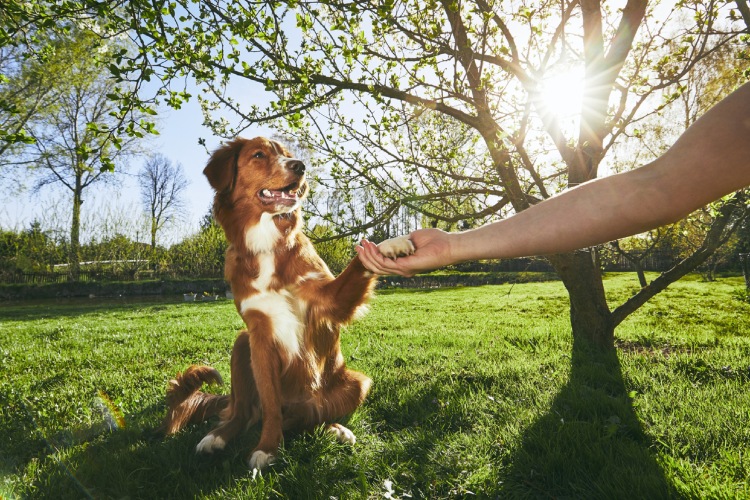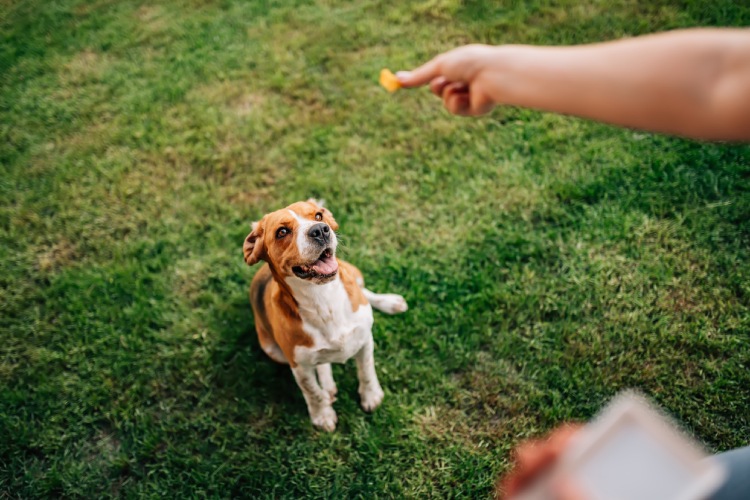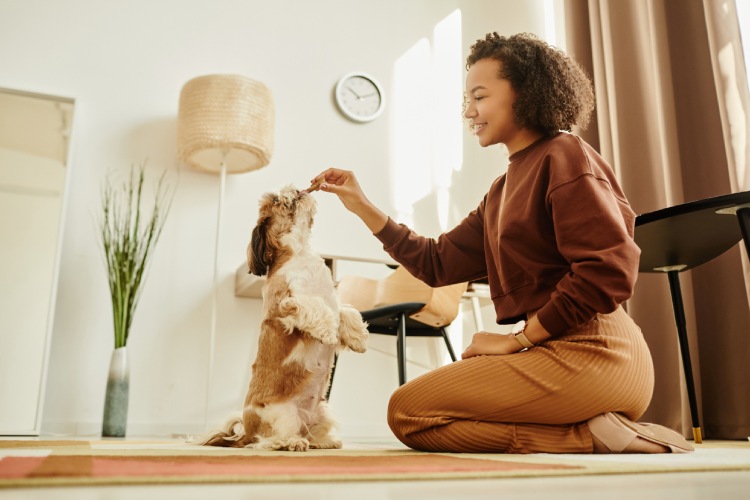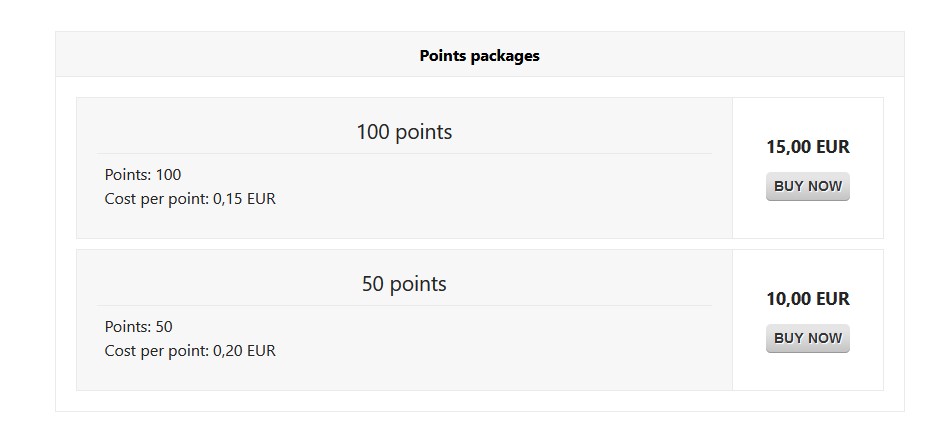There are several things that we, as "parents" of our pet, unintentionally do, which know how to play with the dog's emotions...

No matter how much we try to be perfect, some of our human ways can confuse a dog. Sending mixed signals to our dog will only make them misbehave. But is it bad behavior or bad communication?
- "Come here, now!"
How many of you have called a dog this way and only got a chase? So, why are you calling him anyway? We often expect our dog to come to us, even when there is no particular reason. Instead of chasing him, simply give him a reward when he comes from you on your command.
The bottom line is the rewards, and they could be anything your dog likes - kibble, cuddles, belly scratches, their favorite toy, etc. However, never punish the dog when he comes to you even if he was rude before. He may have been running around the neighborhood for an hour, but he should not be punished, because afterwards he will never come to your command, because he will think that he will be beaten or scolded. Remember, always call with a calm voice and a smile on your face, because no dog likes to come to an angry voice and a frown.
- Jumping
Don't let your dog jump on guests, even when they insist you don't scold them, because they love dogs. Your dog doesn't know the difference between a 20-something who loves dogs and a 75-year-old grandfather who just got home from the hospital.
If your dog is a "jumper", warn guests before they come. Also tell them to ignore him until he calms down completely. Teach your dog that he will get love when all his paws are on the floor.
- Don't push his muzzle into...
...the accident he made in the house. It is true that the most important training is that he can only defecate outside, but until he learns, sometimes this kind of accident can happen in the house. Yelling, shoving the muzzle into the "mess" and hitting will not teach your dog to defecate outside - it will teach him to fear you and do it out of sight.

- Don't let the dog pull you
When the dog pulls you, and you hold it on the leash, it is a reward for it. Why? Because it gets him where he wants to go. Do not allow the dog to drag you from place to place. If this is happening to you, stand still. When the leash relaxes and the dog starts looking at you, continue the walk.
Another option is to turn around and go the other way. Don't forget to reward him when he calmly walks beside you, because a dog that follows your leg and makes eye contact - deserves a reward! This training requires patience, but it pays off in the end. If you have a flexi leash, the dog will never learn to follow your leg. He will learn that the more he pulls, the faster he will reach his goal.
- Time to defecate is not time to play
Teach the dog that the "social" hour follows after the work is done. This is especially important for night walks. It will seem cute at first, but eventually you'll realize that you don't want to stay up with your dog until 3 a.m. looking at the stars. Do not let him go until he has finished his work; if it's day, after completing the task - let him go, and if it's night - return the dog to bed to sleep.
- "March to the place!"
Your dog refuses to go on his once favorite sleeping pad or bed? How many times did you send him to that "place" when he was not good? The place where he sleeps or spends the most time should be a comfortable place where your dog rests and plays with toys or eats his treat. Therefore, never use "place" as a punishment.

- "Speaking"
Petting, talking, playing, and even imitating barking will cause the dog to bark or make similar (but short) sounds. Do not give attention to the barking dog, and when he stops, do not forget to reward him.
- Giving in to their "begging"
Those big pleading eyes under the dining room table are very hard to ignore, especially when there's a soft head in your lap. Do yourself and your guests a favor - never feed the dog at the table. You are wrong if you think that your pet will forget that you gave it "just once".
This does not mean that the dog must not sometimes enjoy our food, but only that he must not get food while eating at the table. Teach him to go to a place or bed where he will get a toy and wait for his share of dinner.
- Permit for climbing on working surfaces
If your dog finds food on the kitchen counter, it won't be long before he comes for more. Prevention is key in this case. Reward a dog that stays out of the kitchen while you're at home, and keep the kitchen closed when you're out.
- The game is important
Dogs need an "exhaust valve" for energy. If you don't give them that, your dog will manage to get one, which you certainly won't like. Give your dog plenty of exercise. The root of most problems can be found precisely in this, if the dog does not get enough stimulation and exercise. If your dog knows how to run around the house, full of energy - this is a sign to take him outside.


